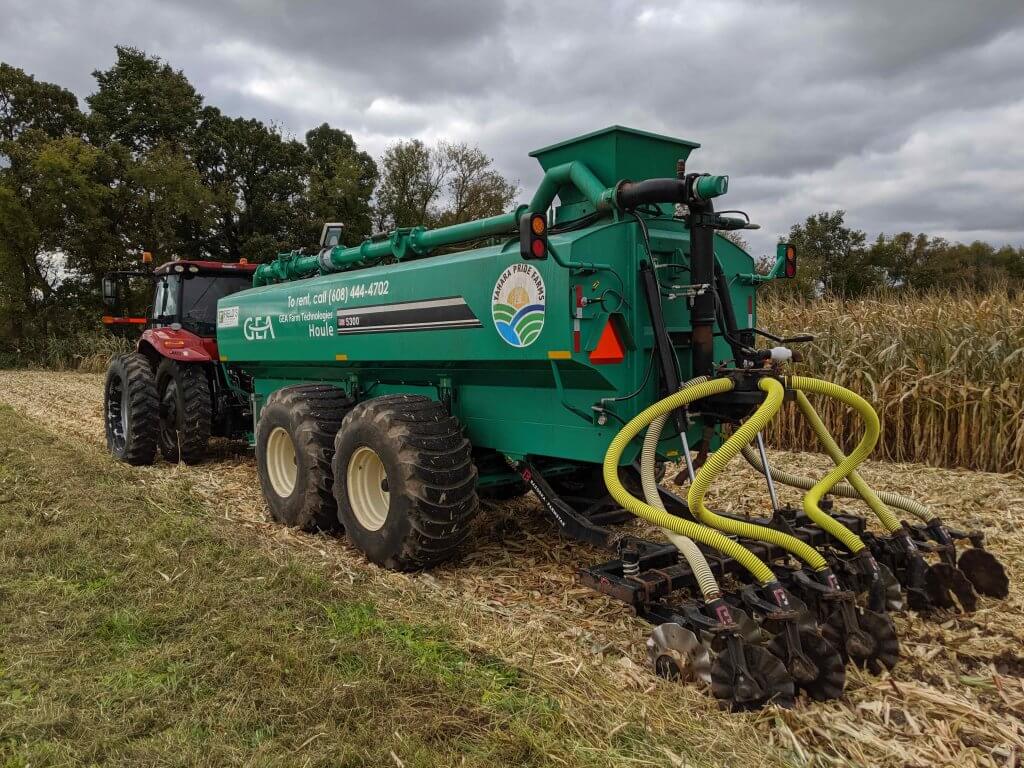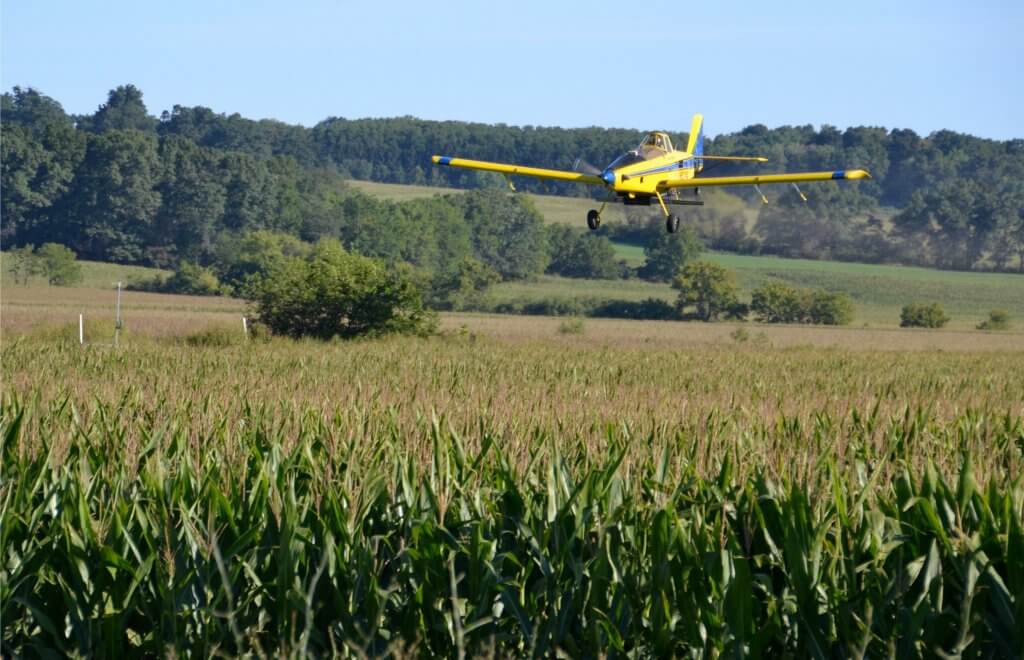At this year’s Yahara Pride Farms’ conference, one message came out loud and clear: farmers are leading the way in conservation, but their stories too often go untold.

Farmers across the Yahara Watershed have been working for years to implement conservation practices that reduce phosphorus runoff, improve soil health, and protect our lakes. These same practices—no-tillage farming, cover cropping, and responsible nutrient management—are also powerful tools in the fight against climate change.
Yet, despite this progress, the public conversation around agriculture often focuses on its challenges rather than its successes. Now is the time for farmers to share their impact, communicate their commitment to sustainability, and position themselves as essential partners in solving environmental challenges not only in our watershed, but around the globe.

The impact of farmer-led conservation
Yahara Pride Farms is proof that farmers are stepping up in big ways. According to Kim Meyer from the Dane County Land and Water Resources Department, over the past decade, participating farmers have collectively reduced 258,496 pounds of phosphorus runoff.
Mike Gilbertson, Watershed Programs Coordinator for Yahara WINS, shared that these collective efforts—spanning farms, wastewater treatment plants, and urban areas—have successfully reduced phosphorus loading year after year. Notably, in 2023, the watershed saw a reduction of 54,541 pounds.

Climate and water quality: two sides of the same coin
While farmers have made great strides in reducing phosphorus runoff, one of the biggest roadblocks to continued water quality improvements is climate change and frequent and intense rain events.
Agriculture is also a key player in climate solutions. Dr. Frank Mitloehner of UC Davis underscored that farmers’ practices to reduce phosphorus runoff—like planting cover crops and minimizing soil disturbance—are also critical for carbon sequestration. By improving soil health and reducing methane emissions, farmers have the power to slow climate change while maintaining productive, sustainable farms.

Why agricultural communication matters
One of the conference’s most important themes was that farmers need to share their successes—not just among themselves but also with their communities, consumers, and policymakers.
Dr. Mitloehner encouraged farmers to take a proactive approach to communication: “Food is your topic—don’t keep your head in the sand.”
The public, especially younger generations, is more engaged than ever in discussions about climate change, sustainability, and water quality. Farmers need to be part of that conversation. That means sharing their progress, talking about the solutions they’re implementing, and making sure their voices are heard when it comes to shaping the future of sustainable agriculture.

Moving forward: telling the story of sustainable farming
Jeff Endres of Yahara Pride Farms stated, “Look how far we’ve come in our watershed. There are challenges ahead, but agriculture serves a purpose beyond just putting food on the table—we are part of the climate solution.”
Clean Lakes Alliance recognizes the efforts that farmers have made—and continue to make—to improve water quality and promote sustainable agriculture. We now urge farmers to take the next step: share your story. The success of conservation efforts relies not only on ongoing action but also on ensuring the public understands the positive role agriculture plays.
As the agricultural community confronts future challenges, communicating their commitment to environmental stewardship may prove essential—not just for the survival of Wisconsin farms, but for the future of our food system and a more sustainable world. By telling their stories, farmers can grow the sustainable agriculture movement, build trust with consumers, and ensure their voices drive the conversation on conservation, climate, and clean water.





